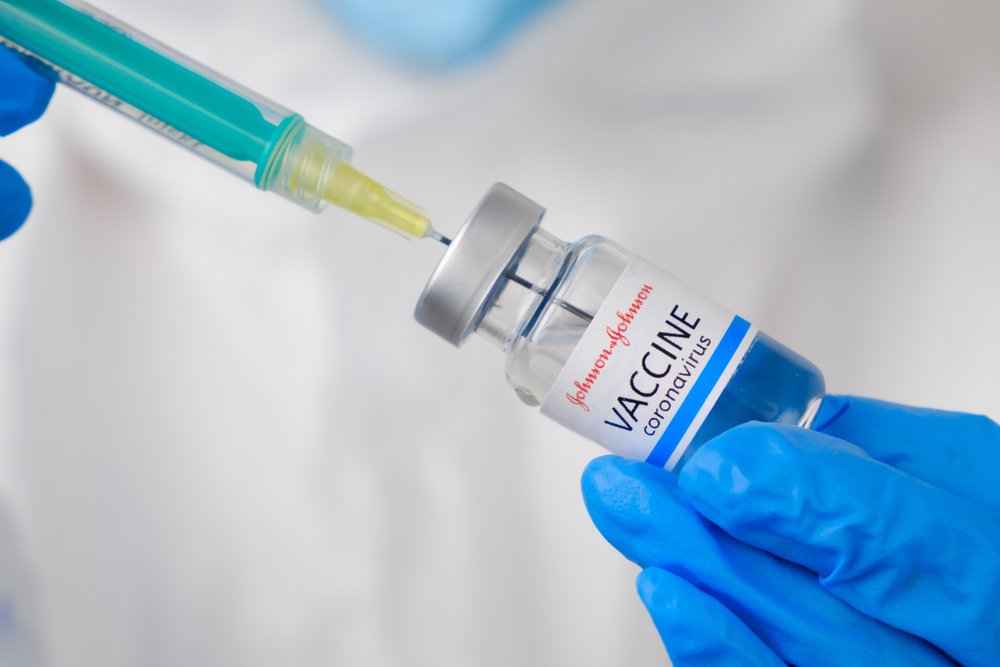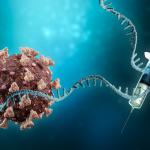COVID-19 Update: The first non-mRNA vaccine
- On February 27, the FDA issued an Emergency Use Authorization for Johnson and Johnson’s non-mRNA vaccine.
- Clinical trial information from 43,783 participants from eight countries was evaluated; 21895 received the vaccine, and 21888 received placebo.
- For efficacy evaluation, data from 39321 participants, 19,360 vaccinated and 19691 placebo-treated, was evaluated.
- In the vaccinated group, 116 COVID-19 cases occurred at 14 days and later after vaccination, and 348 COVID-19 cases occurred at 28 days and later in this study.
- Vaccine vs. placebo incidence of severe cases was 14 vs. 60 at 14 days or later, and 5 vs. 34 at 28 days or later.
- Efficacy: 66% effective overall at preventing moderate to severe illness, which occurred at least 28 days after vaccination, 72% in the US.
- 66% effective in South African where the variant strain B 1.351 is common, also effective against the Brazilian strain P.2.
- Logistics: Requires a single dose, stable for months in a refrigerator.
- Tested in age groups 18 and older, not in as many individuals age 60 years and older and 75 years and older.
- FDA noted that the most common side effects were pain at the injection site, headache, fatigue, muscle aches, and nausea. Most were mild to moderate, lasting 1-2 days.
- Rare severe side effects are tinnitus in 6, deep vein thrombosis in 6, pulmonary embolism in 4, and hives in 8 out of 44,000 participants.
- Six deaths due to COVID-19 in South Africa, which is currently experiencing the variant strain, all in participants did not receive the vaccine.
The vaccine consists of -
- A common cold virus called adenovirus which can no longer replicate because an essential gene has been removed.
- Another gene is removed to make room for adding a synthetic gene for the spike protein of the COVID-19 coronavirus. This synthetic gene is called a transgene.
In non-human primates, the vaccine eliminates all lung infections and nasal infections.
Sources: 1.FDA 2. Washington Post 3.CNBC


